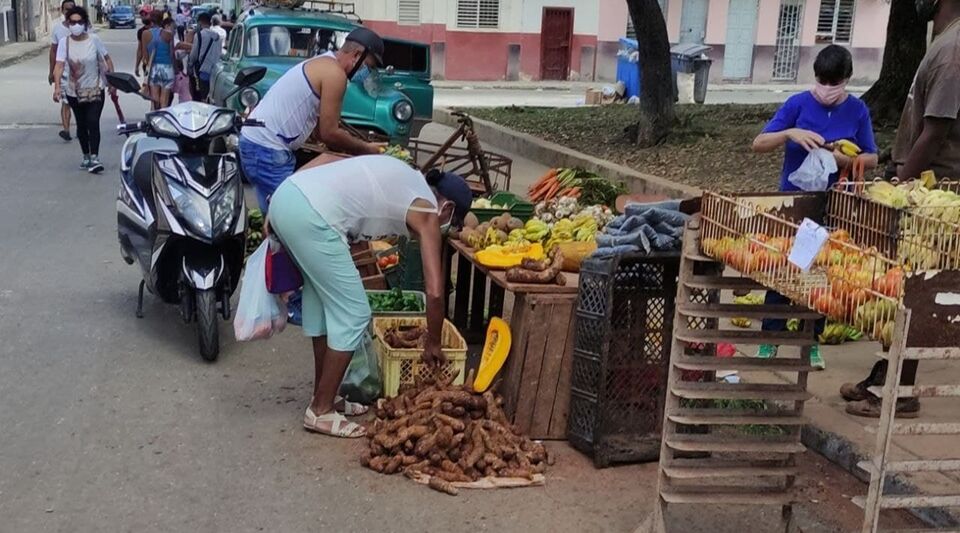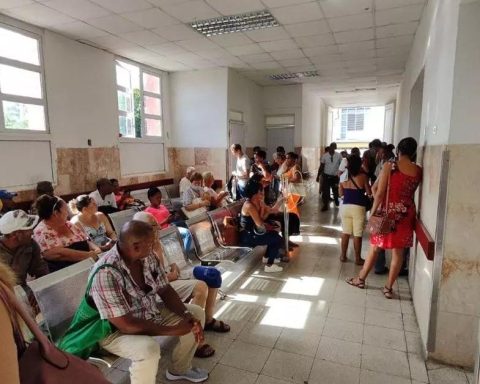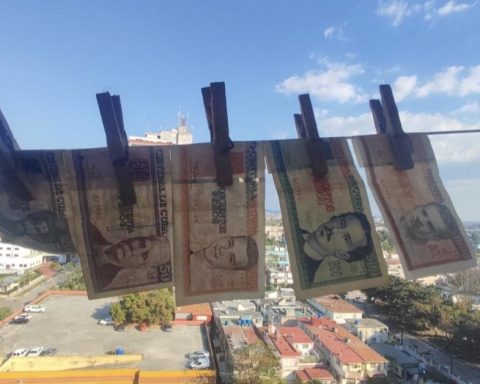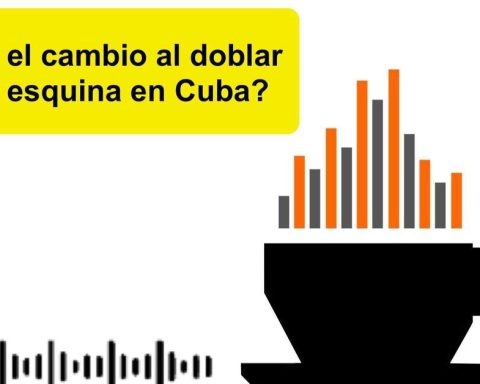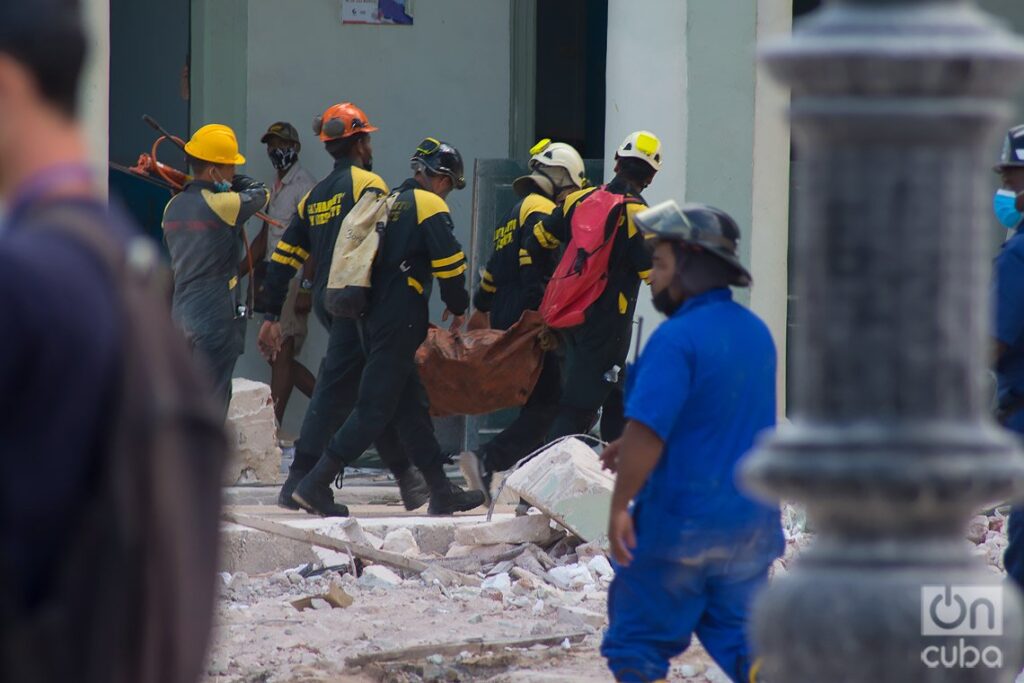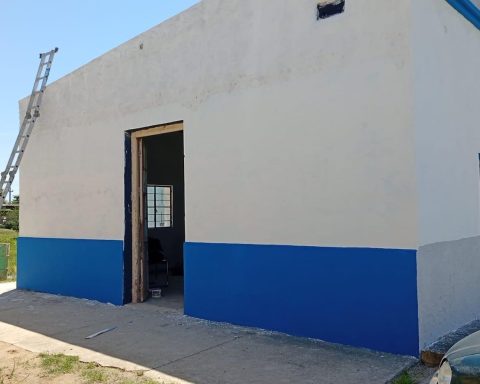Pork production in Cuba fell by 53.5% in 2021 compared to the previous year, with just 132.9 tons. The crash is not a surprise, but the release this Monday of food production data of the previous year has left a trail of bad news for the Government, since they corroborate that, at least to date, the 63 measures designed to improve the sector have failed.
Bovine meat also fell, 13.5%, fresh milk 16% and eggs 10.5%. Poultry is another one that suffers the most, with a decrease of 20.8%, while sheep takes another hit, down 32.5%.
The report was released by the Cuban economist Pedro Monreal, who pointed out that these data are even more serious than those of agricultural products. In this subsector there is greater stagnation and only viands, bananas and vegetables resist, but corn (7.2%), beans (7.3%), citrus (14.5%) and fruit trees fall (10.8%). The worst blow, however, is for rice, the main ingredient in Cuban cuisine, which in 2021 barely produced 225.8 tons, 15.3% less than last year.
Elías Amor: “With these data, the agricultural GDP in constant prices will have fallen by more than 15%, confirming the recession in the sector and the failure of the 63 measures”
His colleague, also an economist residing in Spain, Elías Amor, has responded with a simple calculation. “With these data, the agricultural GDP in constant prices will have fallen by more than 15%, confirming the recession in the sector and the failure of the 63 measures.”
The drop in agricultural production in 2021 was expected, in the absence of official figures. The disaggregated data that was becoming known in each province did not bode well and the products, absent from the market platforms, were enough for the population to know that the year was disastrous.
The pandemic, which during the summer of 2021 was especially harsh on the Island, did not help a broken system either, and the relief of US sanctions, long awaited by the authorities with Biden’s victory in the November 2020 elections, not arrived.
The main solution for the authorities went through the vaunted 63 measures, announced in April 2021, which included reductions in electricity costs, the use of water, improvements in state payments, more attractive credits for the sector, the creation of a Agricultural Development Bank and a reform of the insurance system.
It also included, the famous package, relaxations for the sale of meat and dairy products. The possibility was opened for producers to sell directly “even to stores in freely convertible currency (MLC)” their cheeses, yogurts and meats, as long as they first comply with the delivery plan agreed with the State.
“All the measures are important and have an impact on greater production in the country,” said the Minister of the Food Industry
However, disagreements were not long in coming. The producers who managed to reach the desired figures lamented the lack of payment, either due to bureaucratic issues or due to the lack of liquidity that prevented them from obtaining the money in the currency, more and more precious in the face of the collapse of the Cuban peso and the lack of a market in this currency.
In February of this year, the authorities considered that the measures were going well. “All the measures are important and have an impact on greater production in the country,” said the Minister of the Food Industry, Manuel Sobrino Martínez, who admitted that some productions had had a great decrease in recent years, such as milk, and for that had prioritized measures that included “livestock production and marketing policy.” The price of milk was even increased, months later, to try to stimulate the producer, but that has not worked either.
When evaluating the impact of the 63 measures, the authorities considered that the foundations were laid and that efforts had to be made. Sobrino even added that it was necessary to achieve “control in the fulfillment of contracts based on the implemented policy” and that the other priority, without giving more details, “is political-ideological work.” But so far none of this has served to improve the indicators, and many Cubans wonder what use the food safety law that the government is preparing will do if they haven’t been able to choose what they serve on their tables for decades.
________________________
Collaborate with our work:
The team of 14ymedio is committed to doing serious journalism that reflects the reality of deep Cuba. Thank you for joining us on this long road. We invite you to continue supporting us, but this time becoming a member of our journal. Together we can continue transforming journalism in Cuba.
